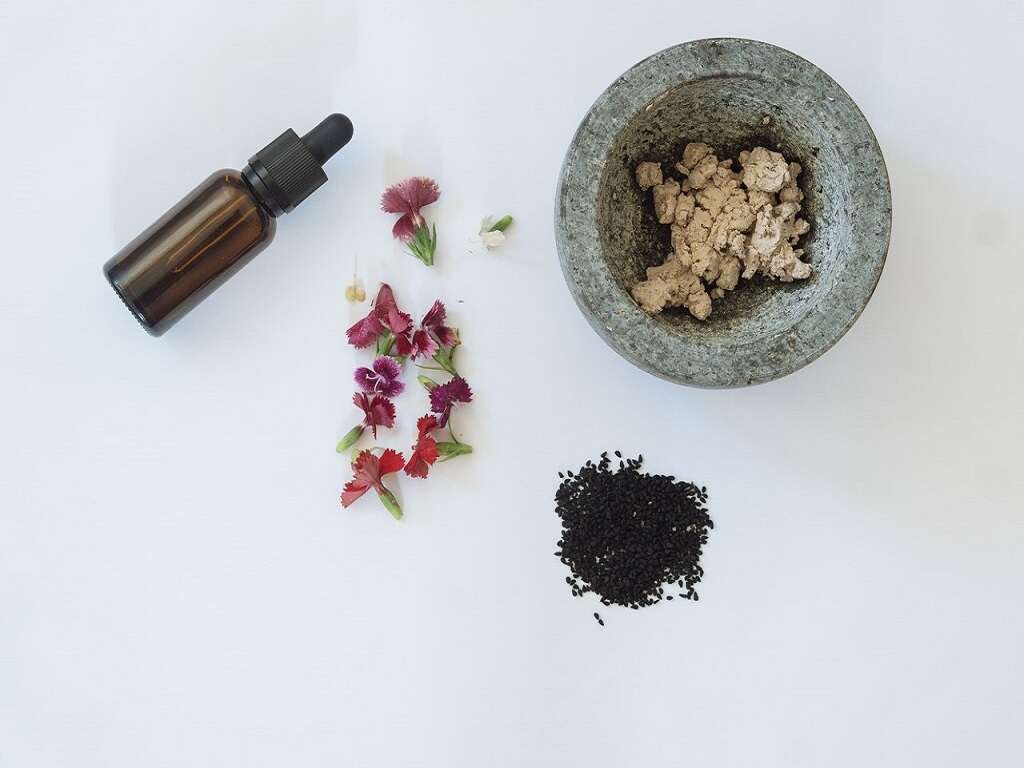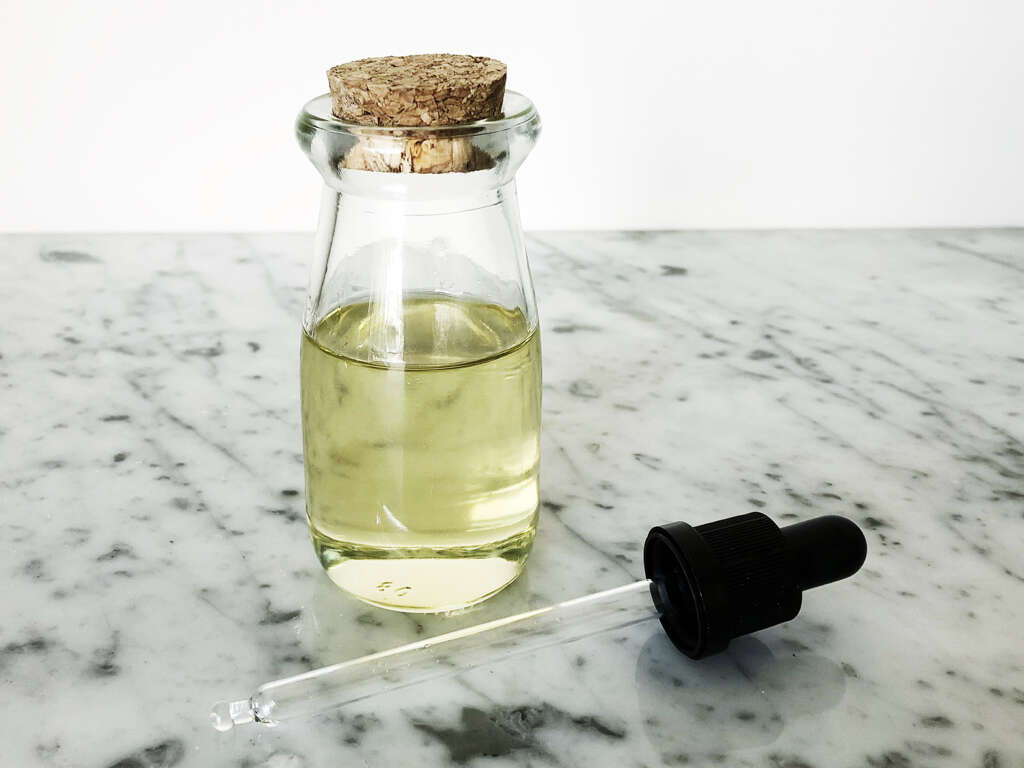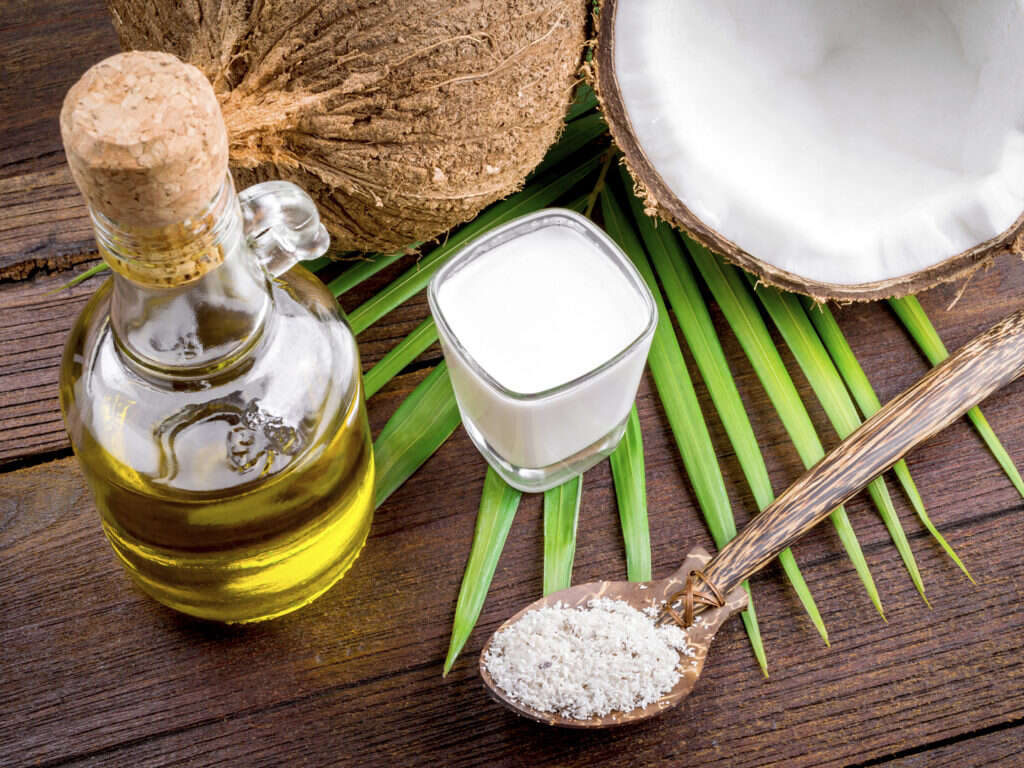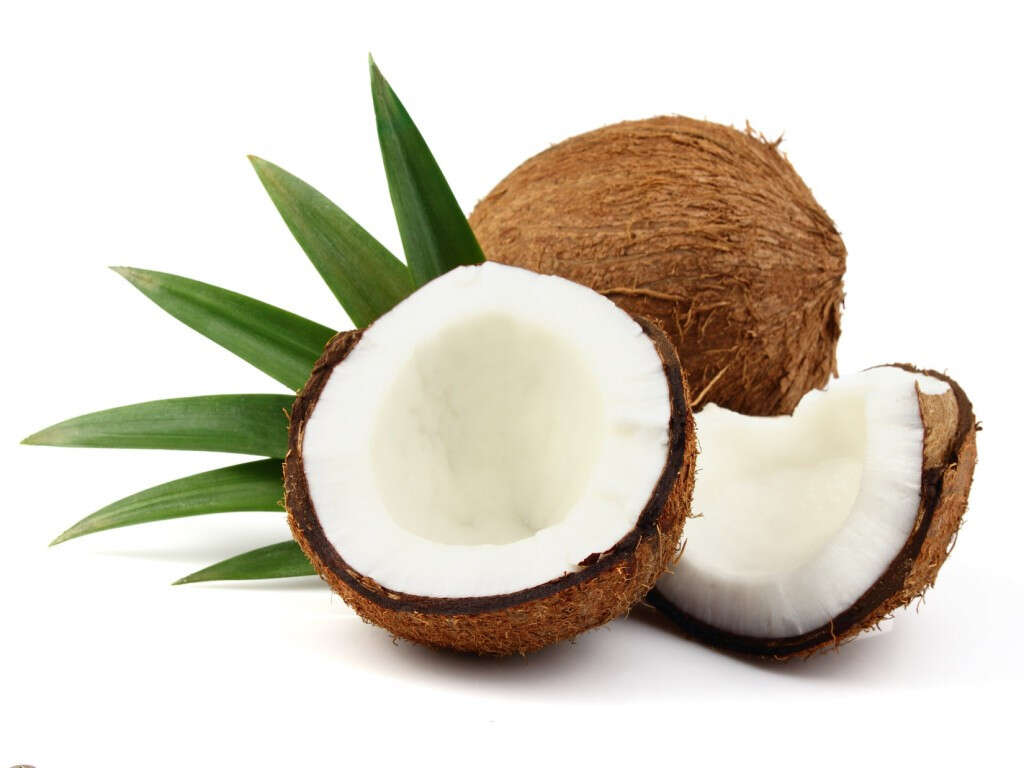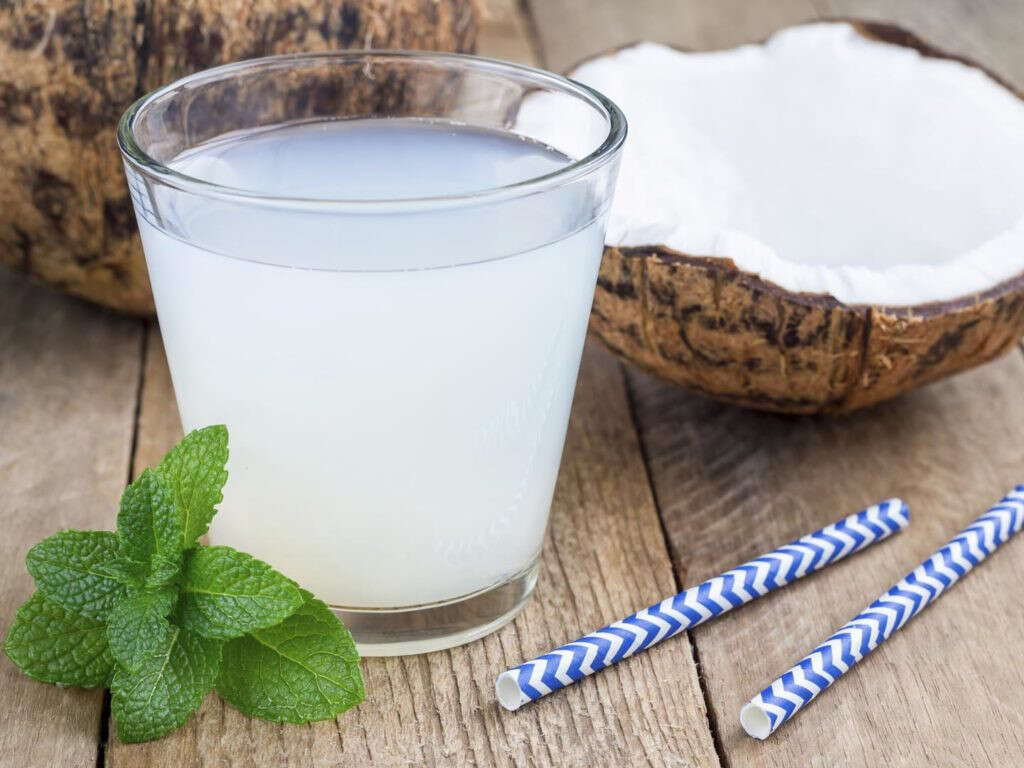10 Coconut Oil Uses
There’s nothing quite like a chilled, fresh coconut to drink from when you are relaxing on a tropical beach. Its meat is delicious and its milk just as tasty and refreshing. It is also versatile and can be used in a variety of dishes. In addition to being so tasty, the oil that can be extracted also offers a variety of health and beauty benefits.
Coconut oil is a favoured ingredient for many people that wish to eat a healthy diet and lead a healthy lifestyle. It is also useful in a variety of uses cosmetically, and the aroma is also often irresistible. Coconut oil has many potential benefits, and here’s a look at some of the most popular.
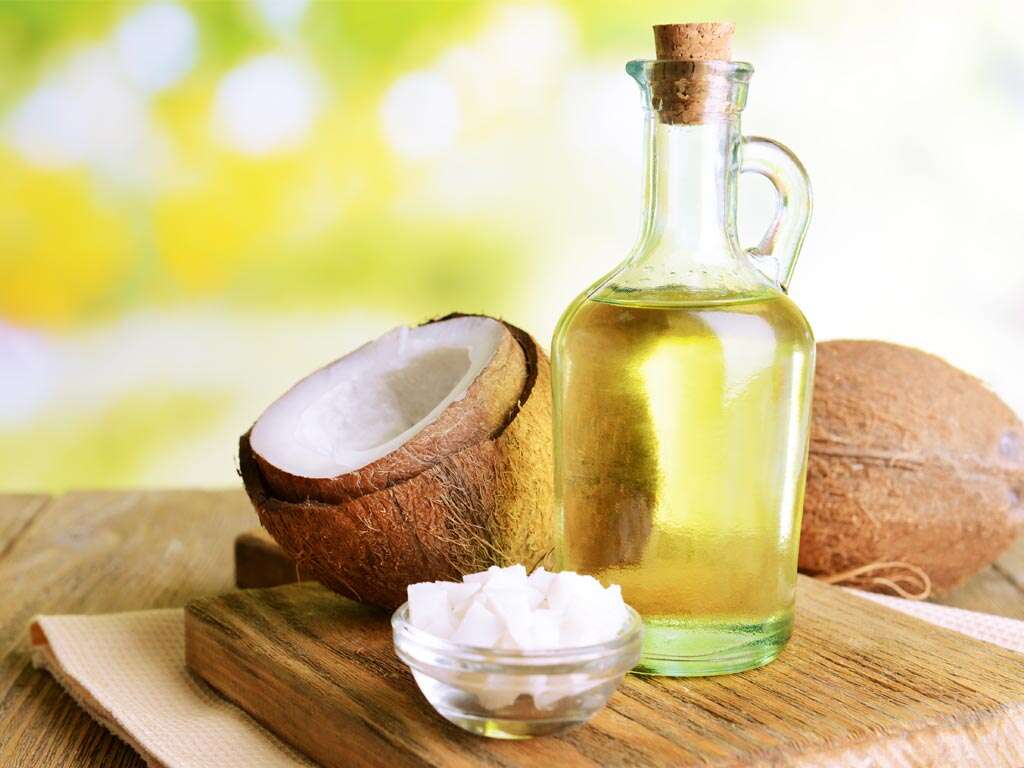
Coconut Oil Use #1: Fat Burning
There comes a time for most of us when we want to do something about excess fat that we have acquired. It is not easy, though, and can take a lot of exercise and eating healthily. It can be very difficult and we can usually use all the help we can get, and the good news is that such help may well be in coconut oil.
Coconut oil contains medium-chain triglycerides (MCTs) which have been shown to increase the amount of fat we burn by as much as 5%. Even a figure as small as this can help make a big difference in the fight against excess fat. While losing that extra fat still requires hard work, coconut oil can still be a valuable ally.

Coconut Oil Use #2: Reduce Heart Disease
Losing excess fat is not only beneficial to us aesthetically, but also physically. Maintaining a healthy weight will reduce the risk of heart disease, but coconut oil can help reduce the risk of heart disease in other ways as well. Coconut oil is rich in healthy saturated fats that can actually be beneficial to our health.
Healthy saturated fats help to raise the levels of HDL cholesterol 1https://www.webmd.com/cholesterol-management/guide/hdl-cholesterol-the-good-cholesterol#1 in our bodies. These are ‘good’ cholesterols and actually help to reduce the risk of heart disease. Not only is coconut oil delicious to cook with, it also helps ensure that we have a strong and healthy heart for many years to come.

Coconut Oil Use #3: Good for the Skin
As well as being useful when eaten, coconut oil also has a number of uses when used externally. When applied to the skin, it acts as a moisturiser which is partially useful for people with dry skin, while it is also thought to be effective in helping to control eczema.
In addition, applying coconut oil can help to block up to 20% of ultraviolet rays from the sun, making it an effective sunblock. As well as the benefits it provides, coconut oil simply smells fantastic so applying it to the skin is so much more desirable. It can be very useful if you are planning on spending the day on the beach.
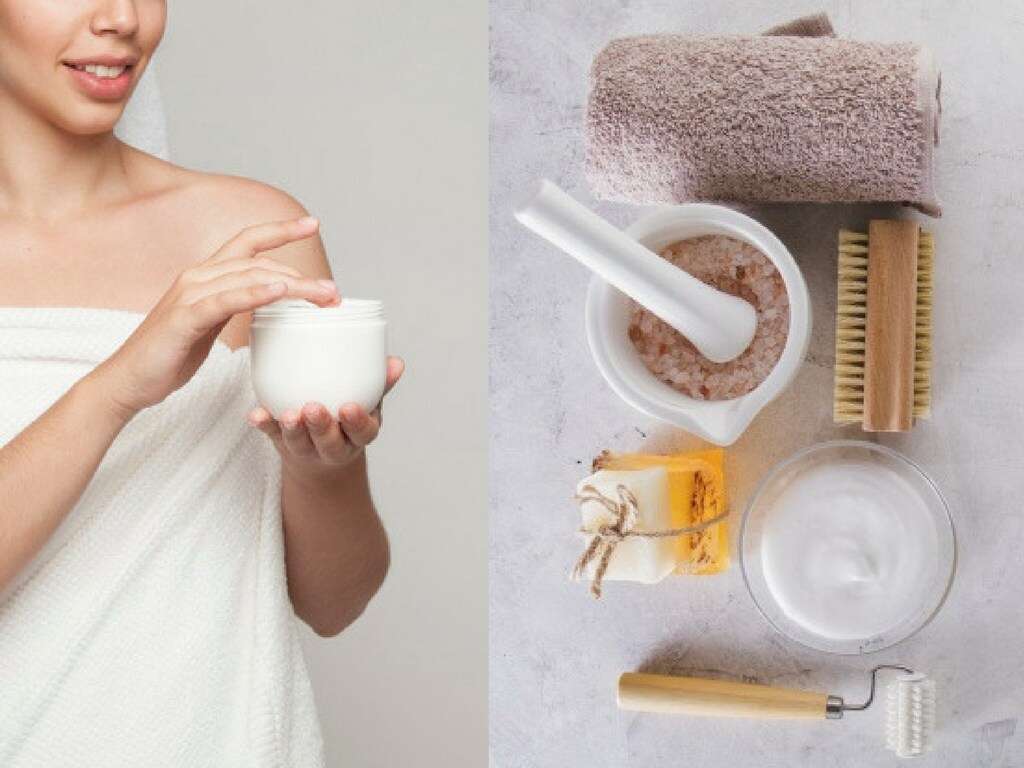
Coconut Oil Use #4: Frying
The health risks associated with fried foods are well known, even if fried food does tend to be delicious. Even relatively healthy alternatives such as vegetable oils are not without their health risks, though, and heat can cause oxidisation which in turn creates harmful free radicals in even healthy vegetable oils.
Coconut oil can also be used for frying and shares the other benefits of using vegetable oils over animal fats. In addition, it does not oxidise and create free radicals under high temperatures, making it even healthier still. Plus, of course, it smells amazing and helps make delicious meals.
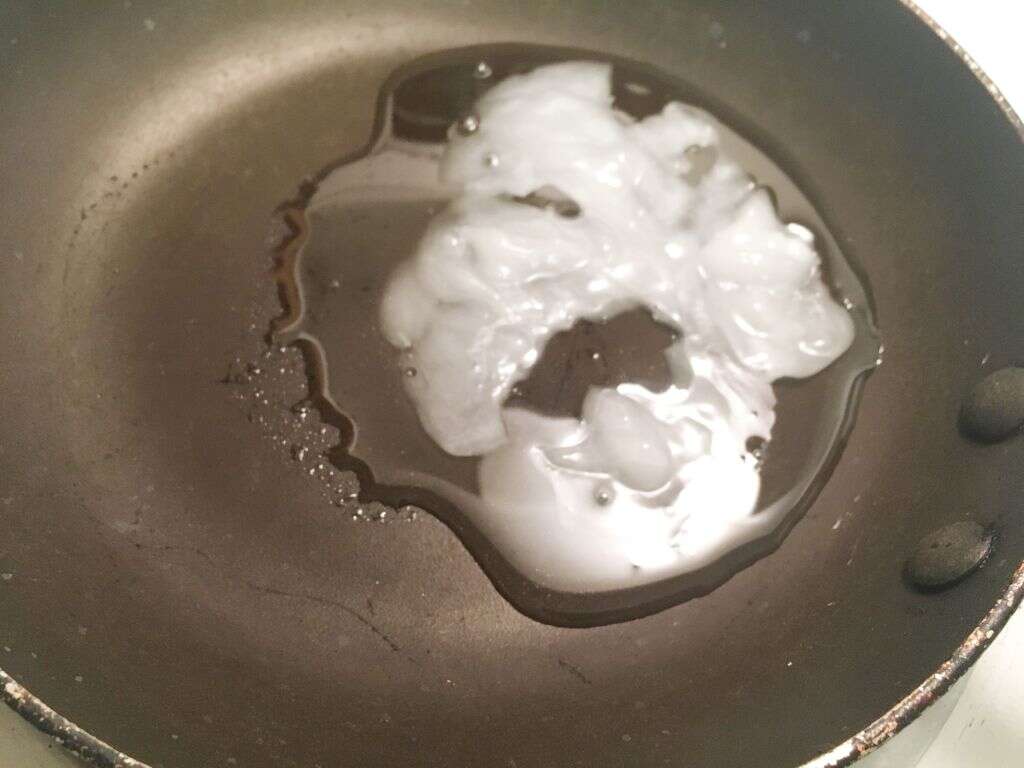
Coconut Oil Use #5: Kills Pathogens
Every day our bodies are fighting battles against potentially dangerous pathogens. For the most part, it is a battle our bodies win, but not always. Occasionally, we might pick up infections and/or fall sick, and these can sometimes be very dangerous to us indeed.
Out diets can help us to win these battles, though, and coconut oil has been shown to be an ally in the fight. Coconut oil contains a compound known as 12-carbon lauric acid which, when digested, forms another substance known as monolaurin. Both of these have been shown to kill harmful pathogens, helping to keep us free from infection and disease.

Coconut Oil Use #6: Reduces Seizures
People with conditions such as epilepsy are known to have seizures occasionally. While the seizures tend not to be harmful in themselves, they can be very dangerous if the seizure happens at high-risk times such as driving or swimming. Drugs are usually supplied to control symptoms while some treatments can help the cause.
Low carb, high-fat diets, known as ketone diets, help to burn fat and have also been shown to reduce seizures in epileptic children. With low carbs, fats in the body get used for energy in a process known as ketosis. Fats in coconut oil help to induce ketosis with higher levels of carbs in the body, which could also help to reduce seizures in epilepsy sufferers.

Coconut Oil Use #7: Boost Brain Function
Alzheimer’s is a horrible disease that tends to afflict elderly peoples’ brain functions as they get old. It is also a condition that we are only just beginning to understand. We still have a lot to learn about the condition, but we do know that people with Alzheimer’s appear to have a decreased ability to use glucose for energy in the brain.
Ketones, however, provide an alternative energy source. These are a by-product of fats being metabolised in the body and help provide the energy that we need. Fats in coconut oil help to induce ketosis, potentially supplying a suitable source of energy for the brain in Alzheimer’s sufferers.

Coconut Oil Use #8: Hair Treatment
We’ve all had bad hair days. Some of us, though, seem to have bad hair days every day. Many people will turn to expensive shampoos and conditioners for a solution and, while they can be effective, they can also be very costly. The good news, though, is that coconut oil is an effective solution that is far more affordable.
Coconut oil helps to moisturise hair, leaving it rich as supple, while also helping to treat the scalp. It is also ideal for dealing with frizzy ends as the oil helps to straighten them out with ease. In addition to looking great, of course, coconut oil will also help to make sure that you smell great.

Coconut Oil Use #9: Reducing Appetite
One of the biggest difficulties in fighting weight loss and, by extension, heart disease is cutting down on eating. If we eat more calories than we burn then the excess gets stored as fat, but it can be very difficult not to eat when we get hungry. Another advantage of coconut oil is that it helps to reduce our appetite.
Coconut oil helps to induce ketosis, which is the metabolism of fats to use as energy. With more energy supplying ketones flowing through our bodies, so we have less of a desire for food. This makes it easier to keep our calorie intake down and, in turn, helps us to lose excess weight.

Coconut Oil Use #10: Removes Make-up
Removing make-up can be a pain and is not always as easy as you might think. It is important to remove old makeup though, otherwise your complexion can begin to suffer before long. The good news, though, is that coconut oil helps to remove make-up with ease and can also be used on the go.
Coconut oil that has been warmed up then rubbed onto the skin will remove make-up with ease. Once done, just rinse away for clean and clear skin. You can also pre-prepare makeup removal cotton pads by soaking them in some coconut oil overnight. This makes it much easier for you to remove your makeup even when you are really busy.




